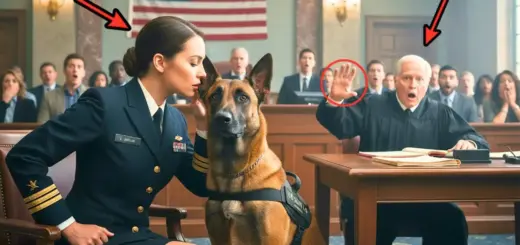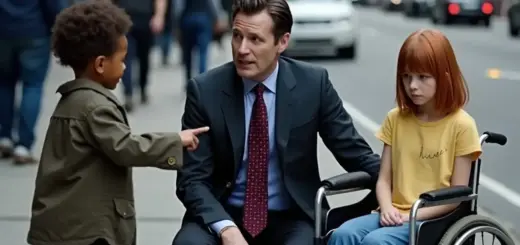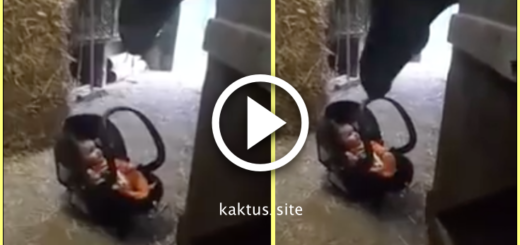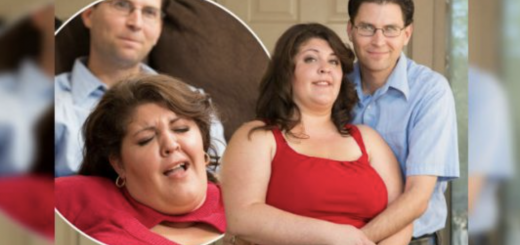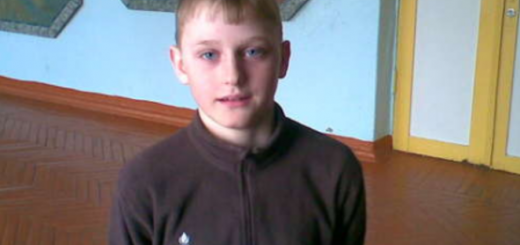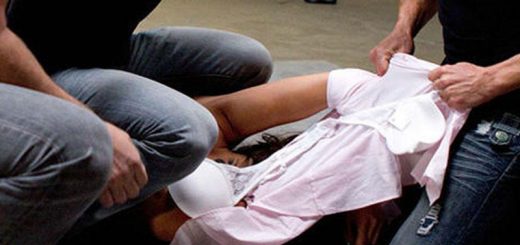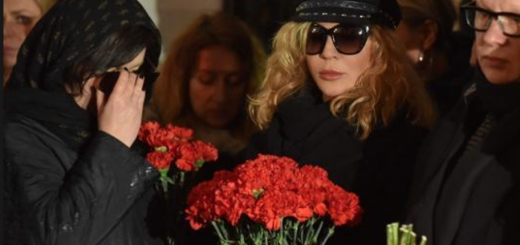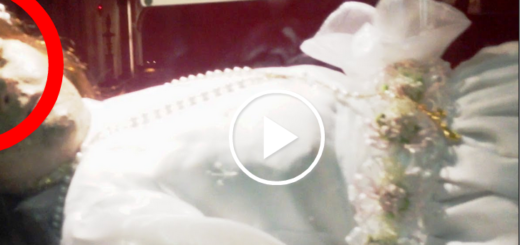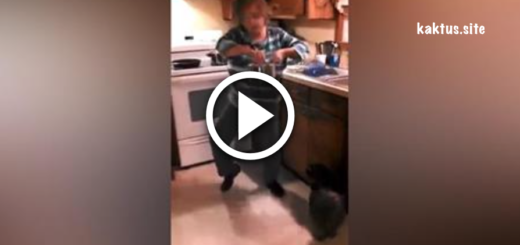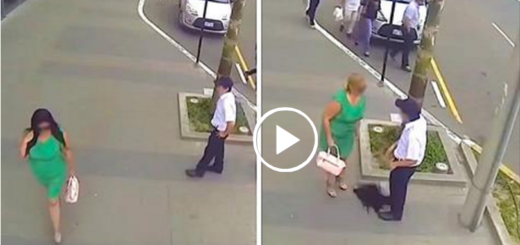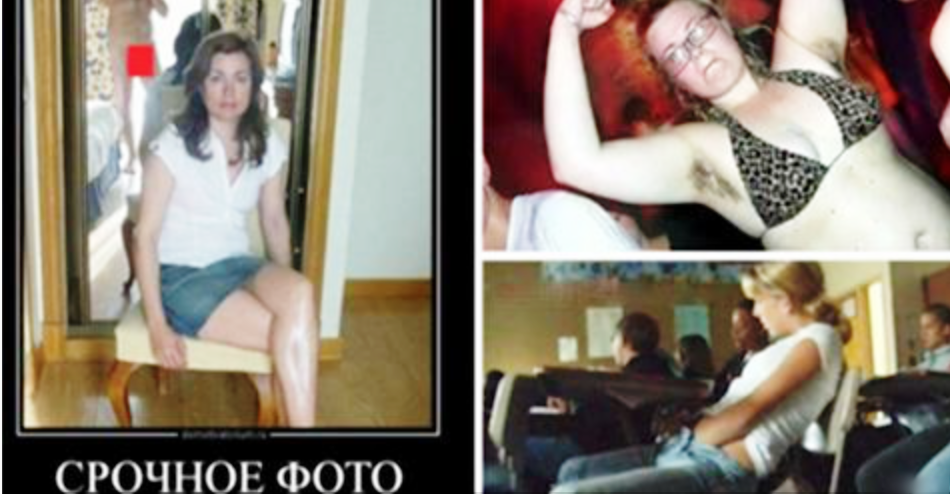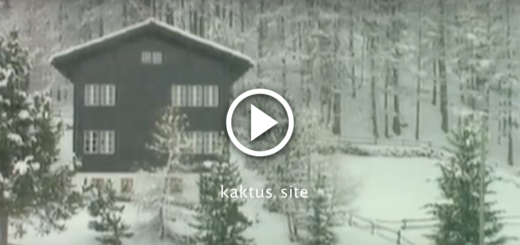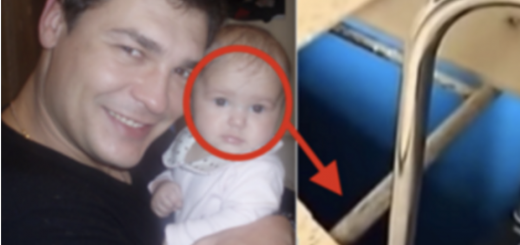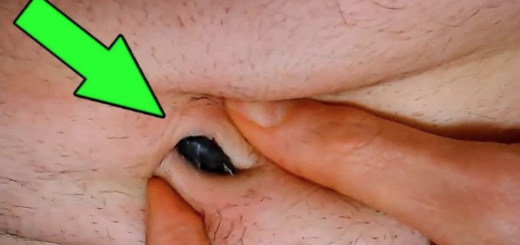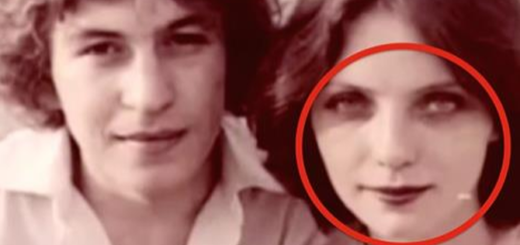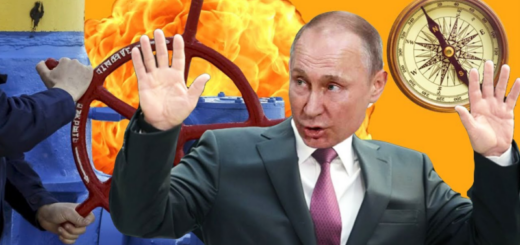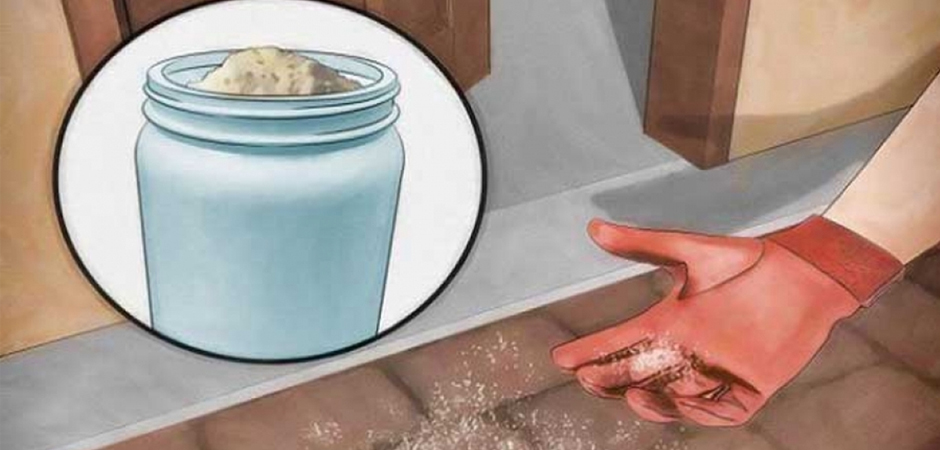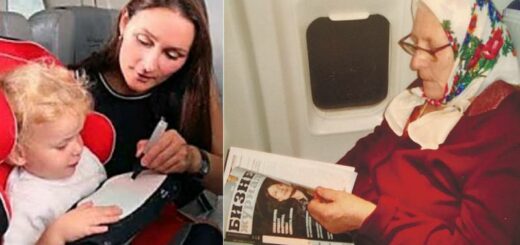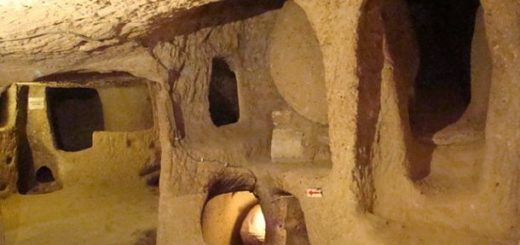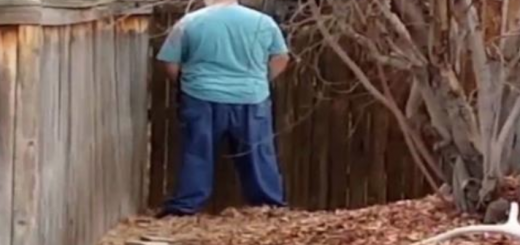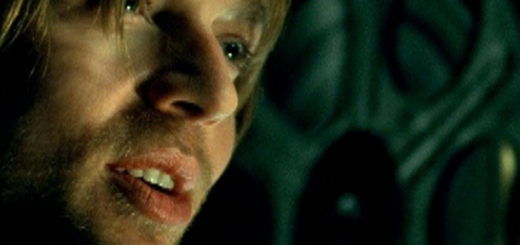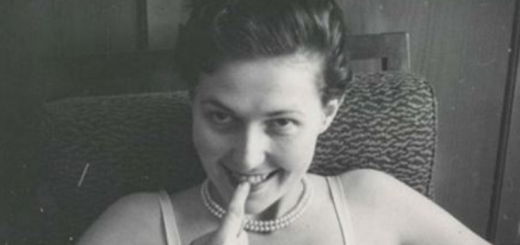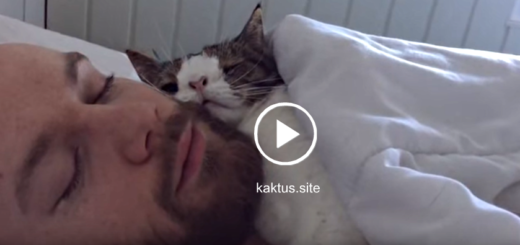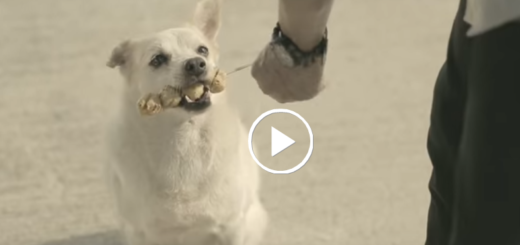It was Jessica’s college graduation dinner, in early June of 2005. She had just walked across the stage in her green and silver cap and gown, absolutely glowing with pride. I had cried, of course. Michael had clapped politely. I remember he barely took any photographs. He claimed he forgot to charge the camera, even though I had reminded him twice the night before.
We had planned a small dinner afterward, just family and a few of Jessica’s friends and professors. It was at a cozy bistro near the campus, the kind of place with warm lighting, handwritten menus, and linen napkins that felt too fancy to use. I had worn a soft cream-colored blouse, Jessica’s favorite, and I’d brought her a charm bracelet with four tiny silver leaves, one for each year she had successfully navigated.
Michael showed up late, not by much, maybe ten minutes. But when he walked in, he looked rushed and agitated. He gave Jessica a quick, one-armed hug, muttered something about traffic, and slid into the seat beside her without so much as a glance in my direction. I brushed it off. The night was for Jessica.
Still, everything felt slightly off. He kept checking his watch, his eyes darting toward the entrance as if he were expecting someone else to arrive. I tried to engage him in conversation, asking about a book he’d been reading, a student he was mentoring. He gave me curt, one-word answers, polite but distant. His tone was clipped, as if he couldn’t spare the energy for full sentences.
Then, during dessert, it happened. One of Jessica’s professors, Dr. Langston, a kind man with a gentle voice and a passion for ecology, leaned across the table and asked Michael a simple question, gesturing toward me.
— So, what does your wife do?
He was looking directly at me. Before I could open my mouth to answer, Michael spoke.
— Oh, she’s just the wife.
He said it with a dismissive chuckle, a small shrug, as if it were a harmless, universally understood joke. But no one laughed. Not even Dr. Langston. He just blinked and offered a tight, uncomfortable smile before changing the subject.
I felt a hot flush of shame creep up my neck. I wasn’t sure what to do. I glanced at Jessica, who was frowning at her father. She shot me an apologetic look, as if she had somehow done something wrong. My throat tightened. I pushed my dessert plate slightly away, a wave of nausea washing over me. Michael didn’t seem to notice.
The rest of the evening passed in a blur. Conversations buzzed around me, but I felt as though I were trapped under a glass dome, smiling when I was supposed to, nodding, and laughing at jokes I didn’t actually hear. My ears were ringing with those three words: just the wife. I kept replaying the moment in my head—the tone, the casual ease, the public dismissal of the life I had dedicated to him, of who I was. I wasn’t some stranger he’d just met.
I was the woman who had raised our daughter, who had kept our home running, who had supported his career, who had comforted him when he lost his parents, who had edited every single cover letter he had ever sent out. I was the person who had loved him long before any of these people even knew his name. And now, I was «just the wife»?
When the check arrived, I reached for it. My hands were shaking as I pulled my wallet from my purse. Michael didn’t offer to split it. He just leaned back in his chair and said:
— You’ve got this, right?
As if we hadn’t been married for nearly a quarter of a century. That was the moment something inside me cracked, cleanly and irreversibly. It wasn’t about the money. It wasn’t even about the words themselves. It was the complete and utter indifference with which he said them. As if I were merely an accessory to his evening, as if I could have been anyone.
That night, I cried in the bathroom of our hotel room, pressing my face into a thick towel to muffle the sounds. He didn’t knock. He didn’t ask if I was okay. He just went to bed. I lay on the cold tile floor for almost an hour, listening to the monotonous hum of the air conditioner and trying to remember the last time I had felt like his partner instead of his placeholder. From that night forward, I stopped trying to prove that I mattered to him, because in that one crushing moment, I knew with absolute certainty that I didn’t. Not to him. And that realization was the beginning of my own silent departure, long before he left for good.
After Jessica’s graduation dinner, something shifted between Michael and me that could never be shifted back. I stopped asking where he was going on his evening walks. I stopped reminding him about our weekly phone calls with Jessica. I stopped making coffee for two in the morning. It wasn’t a conscious protest; there were no slammed doors, no threats, no ultimatums. There was just silence, a quiet, mutual unraveling.
He spent more time in the basement, far more than before. Sometimes he would emerge covered in dust and looking distracted, mumbling something about reorganizing old boxes. Other times, I wouldn’t even hear him come back up. I started going to bed alone on a regular basis, leaving the hallway light on for him, though I never knew if he would even come to bed at all. Eventually, I stopped turning the light on.
That spring, I began to feel like a guest in my own home. We still shared the same physical space, but we moved past each other like strangers at a bus stop. I would be folding laundry in the living room, and he would step over the clothes basket without saying a word. I would cook dinner and leave his portion in the microwave. Sometimes he ate it, sometimes he didn’t.
One afternoon, I came home from the grocery store to find that Michael had completely cleared out the hallway closet. Not all of it, just my things. My raincoat, my gardening gloves, the wool scarf Jessica had knitted for me the previous Christmas—all of it was folded and stacked neatly in a cardboard box by the door. When I asked him about it, he replied flatly, without looking up from his newspaper.
— I needed more space.
No apology. No further explanation. That was the moment I knew I was being systematically edged out, piece by piece, room by room. But I didn’t argue. I didn’t scream. Instead, I walked upstairs, took off my shoes, and sat on the edge of our bed for nearly an hour, staring at the empty space on the floor where his slippers used to be.
In early July, I packed a small overnight bag and drove to Jessica’s apartment for the weekend. I told Michael I needed a break, some time to think. He didn’t ask where I was going. He didn’t even look up from the crossword puzzle he was working on. All he said was:
— Okay.
Jessica didn’t ask too many questions either, but I could see the worry and hurt in her eyes. She made up the guest bed for me without a word, then sat next to me on the couch with a mug of hot tea and a warm blanket. We watched reruns of old sitcoms, though neither of us was really paying attention. I think we both knew, in that quiet moment, that I wasn’t going back to the same life.
And yet, I did return home that Sunday night. I opened the front door to find the house dark, the television still on, and a plate of food left untouched on the kitchen counter. Michael wasn’t there. The house was so quiet it felt like it had forgotten how to breathe. I stood in the kitchen for a long time, waiting for something—a noise, a creak of a floorboard, a voice—but nothing came.
Then came the morning that finally shattered the illusion that this was still a marriage. It was a Tuesday, June 21st. I remember because it was the summer solstice, the longest day of the year, though it would end up feeling like the darkest. Michael announced he was heading to the store to pick up some milk. I barely looked up from the garden shears I was cleaning and nodded. He left the back door slightly ajar behind him. I finished trimming my houseplants, wiped down the kitchen counter, and waited for the sound of his car returning to the driveway. It never came.
By evening, I was pacing the floors. By midnight, I was calling his phone, which went straight to voicemail. I left one message, then another, then five more. By the next morning, my hands shaking, I reported him missing.
His wallet was discovered two days later in the front seat of his car, which was parked on a deserted dirt road an hour north of our town. The keys were still in the ignition. There were no signs of a struggle, no footprints, no witnesses. The police said it looked like a suicide. He may have walked into the river, they told me, their faces grim. Sometimes people choose remote spots for privacy. But he had left no note, no warning, no final goodbye. Just a toothbrush in the bathroom, a pair of worn-out sneakers by the back door, and an empty side of the bed that would stay that way for years to come.
Everyone assumed I was done, that I would move on, sell the house, rebuild my life, heal. But I didn’t. Because I wasn’t angry. I wasn’t even broken. I was hollow, quietly shattered into a million pieces. And that, somehow, was so much worse.
After Michael vanished, time ceased to have any real meaning. The first few weeks were a disorienting blur of police questions, sympathetic phone calls, and casseroles. People I hadn’t spoken to in years sent sympathy cards. Jessica flew in from Oregon and stayed for a while. The neighbors mowed my lawn without being asked. The ladies from my church group dropped off tuna noodle bake and peach cobbler, with handwritten prayers taped to the aluminum foil lids.
But by the second month, the calls began to slow down. By the third, people stopped asking for updates.
— You’ll get through this.
They would say, their voices filled with a pity I couldn’t stand. Or worse:
— Maybe it’s a blessing in disguise.
No one says that out loud to a widow, but I wasn’t a widow, not technically. I was something else, something far harder to define. A wife with no husband. A life put on indefinite pause. A question with no answer.
I didn’t have a funeral, not right away. For months, I clung to the refusal to believe he was truly gone. My brain twisted logic into desperate knots. Maybe he’d had a mental breakdown. Maybe he was in a hospital somewhere with amnesia. Maybe he’d just run off and was already filled with regret. Every time the phone rang, a small, treacherous part of me thought it would be him, calling to explain, to apologize, to come home. But the phone only ever brought bills, telemarketers, or worst of all, silence.
Eventually, I gave in to the pressure from friends and family. We held a memorial service. There was no body, just a framed photograph of Michael from our last vacation in the Poconos. In the picture, he was standing on a dock, waving, smiling as if nothing in the world was wrong. I stood beside that photograph and shook hands with people who told me how strong I was. I don’t remember a single thing I said that day. I just remember the suffocating weight of my black dress and the way Jessica gripped my hand so tightly that her nails left crescent-shaped marks on my skin.
After the service, I went home and crawled into bed with all my clothes still on. I stared at the ceiling fan and listened to it click, click, click as it turned, hypnotizing me into a state of utter stillness. I stopped answering the door. I stopped checking the mail. I stopped going to the grocery store. My refrigerator filled with spoiled leftovers and expired yogurt. I survived on saltine crackers, canned peaches, and black tea. Some days, I didn’t eat at all.
I let the garden go. The weeds grew wild and unchecked, creeping over the stone path we had laid together years ago. I watched from the kitchen window as they slowly swallowed the flowers, one by one, too tired and defeated to stop them. At night, I would sit in his favorite armchair by the fireplace, clutching one of his old sweatshirts as if it might still carry his scent. It didn’t. It just smelled of dust and fabric softener. Still, I held it. Sometimes I would speak to it, asking questions that no one could answer.
— Why did you go? Did you hate me? Did I miss something?
The old house groaned and settled around me, as if it had its own grief to bear.
Worst of all was the basement. I avoided it as if it were haunted. That door remained shut for months. I told myself it was just storage, just clutter, just shadows. But deep down, I couldn’t shake the feeling that something lived down there—not Michael, not literally, but the version of him I could never reach. The answers. The truth. His absence filled that subterranean space like a thick, suffocating fog. The one time I did try to go down, I only made it three steps before I turned back. The air was too heavy, the silence too loud.
By the time the first anniversary of his disappearance arrived, I hadn’t stepped out of the house in weeks. My clothes hung off my gaunt frame. My reflection in the mirror was that of a stranger—pale, tired, and years older than I remembered being. That night, I sat at the kitchen table with a single candle lit. I poured myself a glass of wine and toasted the empty chair across from me.
— Happy anniversary.
I whispered. My voice cracked on the second word. Then I blew out the candle. And for a fleeting moment, I considered blowing out everything else too.
I didn’t, not because I was strong, but because I was too numb to even move. I had reached the absolute bottom, and it wasn’t fire or chaos or screaming. It was quiet. It was the kind of profound silence that you can’t fill with music or prayer or casseroles. It was the silence of knowing you were never really seen. And now, there was no one left to see you at all. I didn’t know it then, but something inside me had already started to shift, very slowly, very quietly. In that pit of silence, a seed had been planted. And years later, it would finally bloom, prompted by a single line in a birthday card that would change everything.
The card arrived on the morning of my sixty-fourth birthday, slipped under the door like a secret no one wanted to deliver in person. By then, life had resumed some semblance of normalcy—not the life I once had, but a quieter, more solitary version of it. I spent my days gardening, reading, and avoiding the rooms in the house that still echoed with Michael’s ghost. I didn’t expect much from birthdays anymore, just a phone call from Jessica, maybe a slice of cake if I remembered to bake one for myself.
That morning, I was in the kitchen making tea when I saw the envelope lying on the floor. No stamp, no return address, just my name, Carol, written in handwriting I hadn’t seen in twenty years. I stood frozen, staring at it for so long that the kettle began to shriek behind me. The piercing whistle jolted me back to the present, but my eyes remained locked on the envelope. My fingers trembled as I picked it up, slowly peeling it open as if it might explode in my hands. Inside was a birthday card—generic, pastel, cheap—but the words handwritten inside made my knees buckle.
Happy birthday, Carol. I never left. Look in the basement.
I dropped the card, not because I was afraid, not exactly, but because the room suddenly felt like it had tilted on its axis, as if gravity had changed its rules without warning. I had spent two decades believing Michael was dead. Twenty years imagining his final moments, picturing a river, a body lost to the current and time. Twenty years building a sense of closure out of nothing but silence. And now this.
The handwriting was unmistakable. He always wrote his capital M’s with a dramatic, swooping curve and made his lowercase e’s like tiny, backward threes. I used to tease him about it when he signed Christmas cards. There it was again, every letter perfectly formed, every curve a silent accusation. I clutched the edge of the kitchen counter, trying to steady my breathing. I ran through every rational explanation: a sick joke, a forgery, maybe even Jessica trying to push me toward closure with some elaborate, misguided intervention. But no one else knew Michael’s handwriting like I did, and no one else knew the truth about what we had never found in that basement.
I had avoided that space for years. I couldn’t bring myself to sort through his old boxes; I couldn’t stomach the memories crammed between dusty photo albums and cracked VHS tapes. The basement was a graveyard, and I had let it stay that way. But now, it was calling to me. I grabbed the flashlight from the utility drawer and forced my feet to move toward the basement door. The doorknob felt cold and unfamiliar in my hand. I flicked the switch at the top of the stairs, but the overhead bulb had long since burned out. The wooden steps groaned beneath my weight.
When I reached the bottom, the air was stale and still. The beam of my flashlight skimmed over old furniture draped in yellowing sheets, stacked boxes labeled «X-Mas» and «Jessica’s School Stuff.» Nothing had moved in years. Except… there. In the far corner of the room, near the furnace, was a patch of wall that looked just slightly off, a bit cleaner, a little too smooth. I approached it slowly, my heart pounding in my throat. The flashlight flickered. I slapped it against my palm, muttered a curse, and then pointed it back at the wall. I reached out and ran my fingers along the wood paneling. And then I felt it—a seam, a thin, barely visible crack. I pushed.


